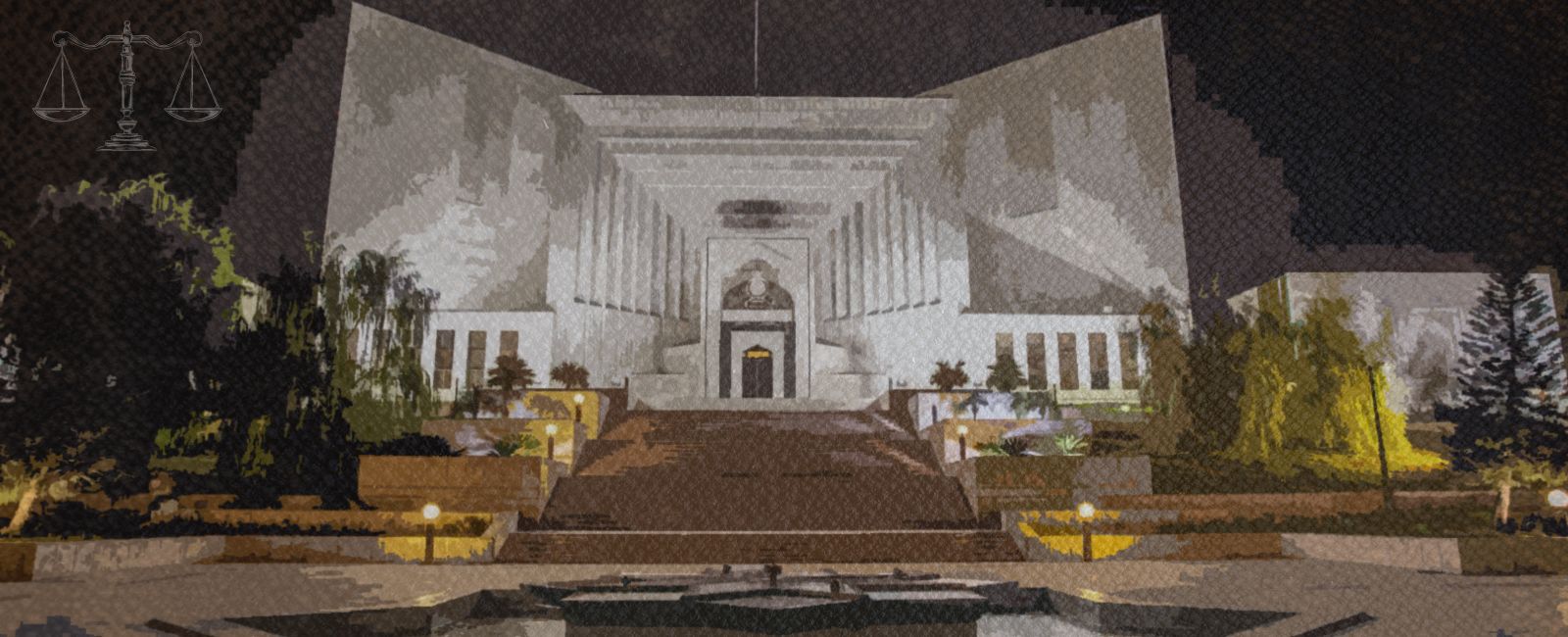How Supreme Court ruled Pakistan's tumultuous politics in 2023
As the year draws to a close, let's reflect on the noteworthy developments within the apex court this year

Pakistan’s political fires that smouldered without much smoke through the highs and lows of 2022 spilled over into 2023, triggering a chain reaction of constitutional challenges that kept the country’s top institutions under the spotlight and the nation on the edge.
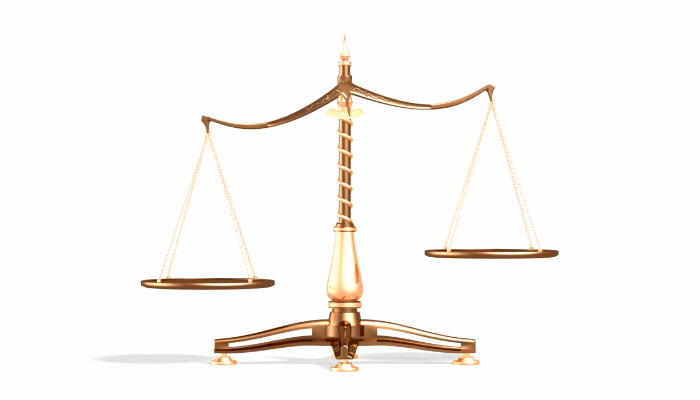
These challenges ranged from disputed election dates to judicial interventions. The national political crisis has gone worse from bad and threatens to bleed into 2024, testing the limits of Pakistan's democratic fabric.
At the centre of all that transpired in the ongoing year is Pakistan’s Supreme Court, which has drawn attention to itself for both positive and critical perspectives, as well as sparking controversies.
Significant events unfolded regarding the Supreme Court, with one of the focal issues being the delay of elections. Despite the top court's directions, elections were not held, and are now set to take place next year — that too, on the court's orders.
Let's reflect on the noteworthy developments within and because of the apex judicature this year. Nothing can be abstracted in isolation and all the matters and developments are interconnected.
KP, Punjab polls suo motu
The Constitution explicitly outlines the timeframe for elections in Article 224(1) and (2), specifying that they “shall be held within a period of ninety days”.
However, following the dissolution of Punjab and Khyber Pakhtunkhwa assemblies on January 14, 2023, and January 18, 2023, respectively, the governors, as outlined in Article 105(3)(a), failed to announce the date of the provincial assembly's general election(s), and the Election Commission of Pakistan (ECP) also breached its constitutional duty.
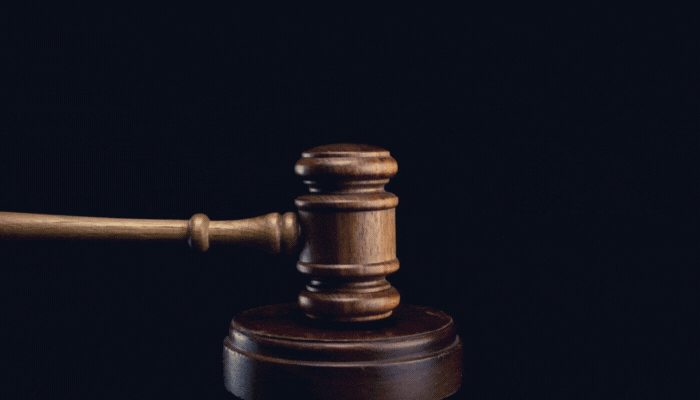
Subsequently, President Arif Alvi announced the election date on February 2, 2023, under section 57(1) of the Elections Act 2017. Nevertheless, questions regarding the legality of said announcement were raised.
On February 22, 2023, then-chief justice Justice Umar Ata Bandial initiated suo motu proceedings on account of a delay in announcing the date of the general election(s) for provincial assemblies following their dissolution.
He constituted a nine-member bench to deliberate on the matter and decide its outcome. CJP termed it a matter of “great public importance”.
The original bench included; Justice (retd) Bandial, Justice Ijazul Ahsan, Justice Syed Mansoor Ali Shah, Justice Munib Akhtar, Justice Yahya Afridi, Justice Sayyed Mazahar Ali Akbar Naqvi, Justice Jamal Khan Mandokhail, Justice Muhammad Ali Mazhar and Justice Athar Minallah.
However, controversies unfolded following the formation of the bench, leading to the distancing of Justice Minallah and Justice Afridi. Consequently, the ex-CJP once again reconstituted a five-member bench, now comprising himself, Justice Shah, Justice Akhter, Justice Mandokhel, and Justice Mazahar.
In a 3:2 majority decision on March 1, 2023, the Supreme Court validated the date announced by the president, directing the election commission and other institutions to proceed in accordance with the Constitution and announce the election date.
However, dissenting opinions were expressed by Justice Shah and Justice Mandokhel, who also questioned the maintainability of the suo motu proceedings initiated under Article 184(3) of the Constitution of Pakistan.
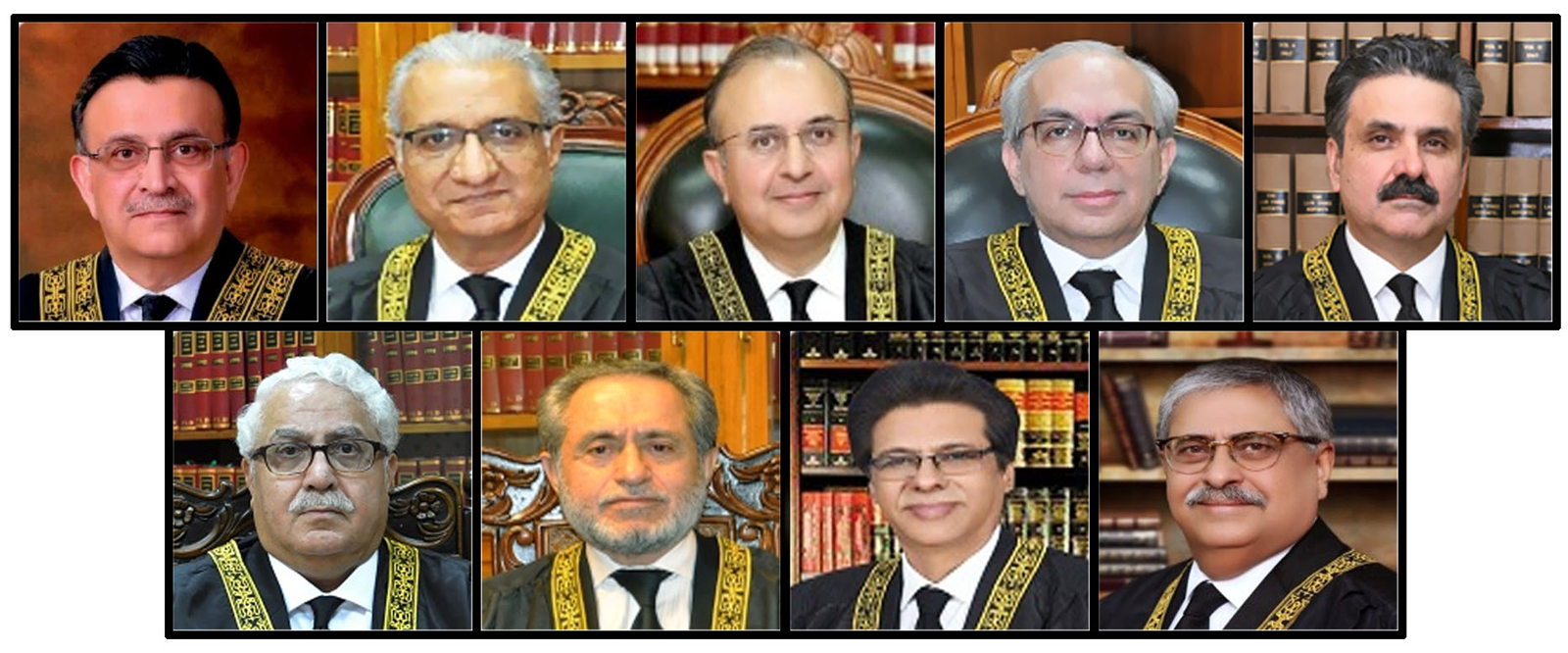
The election commission initially set the date for the provincial assembly elections in Punjab as April 30. However, the ECP reversed its decision and postponed the elections to October 30. Subsequently, on April 4, the Supreme Court, in response to a petition filed by Pakistan Tehreek-e-Insaf, declared the ECP's decision unconstitutional and ordered the polls to be held on May 14.
Have elections been conducted following the orders of the Supreme Court or the announcement by the president? No. A new date, February 8, 2024, has been unanimously decided and announced for the general elections in the country — also with the intervention of the top court.
Whether the Supreme Court acted as a guardian of the Constitution or overstepped its role in this regard is a matter of debate. Nevertheless, the court has never been as politically victimised.
Act clipping CJP's discretionary powers
The effects of the suo motu case started emerging not as a result of elections but through legislation. The Pakistan Democratic Movement-led government enacted an act to clip the chief justice's powers — The Supreme Court (Practice and Procedure) Act 2023 — on April 10, 2023.
This time, the government was restructuring the procedure and authority of the chief justice, intensifying the power struggle among the executive, legislative, and judiciary.
The issue arose with the attempted reduction of the chief justice's discretionary powers, particularly regarding bench formation and initiating cases via suo motu.
The proposed Act establishes a three-member committee, including the CJP and the two most senior judges, responsible for invoking the suo moto jurisdiction of the Supreme Court under Article 184(3), specifically addressing matters of public importance relating to the enforcement of fundamental rights outlined in the Constitution.
This Act also curtails the CJP's authority to independently form benches, stipulating that such decisions be made by the committee formed by the Act. Additionally, concerning the original jurisdiction of the top court in interpreting constitutional provisions, the committee must constitute a bench comprising no fewer than five apex court judges.
Crucially, the Act introduces the right to appeal from an order issued under Article 184(3) within 30 days of the order as an intra-court appeal, mandating that it be adjudicated by a larger bench, with the hearing of the appeal not exceeding 14 days.
Remarkably, this Act retroactively grants the right to appeal, extending it to an aggrieved individual against whom an order was issued before the commencement of this Act.
Again, the matter came to the Supreme Court, and an eight-member bench led by then-CJP Bandial granted a stay order on April 13. As soon as Justice Qazi Faez Isa took oath as CJP, he called a full court hearing to decide the fate of the Act and initiated the live-streaming of the full court hearing for the very first time in history.
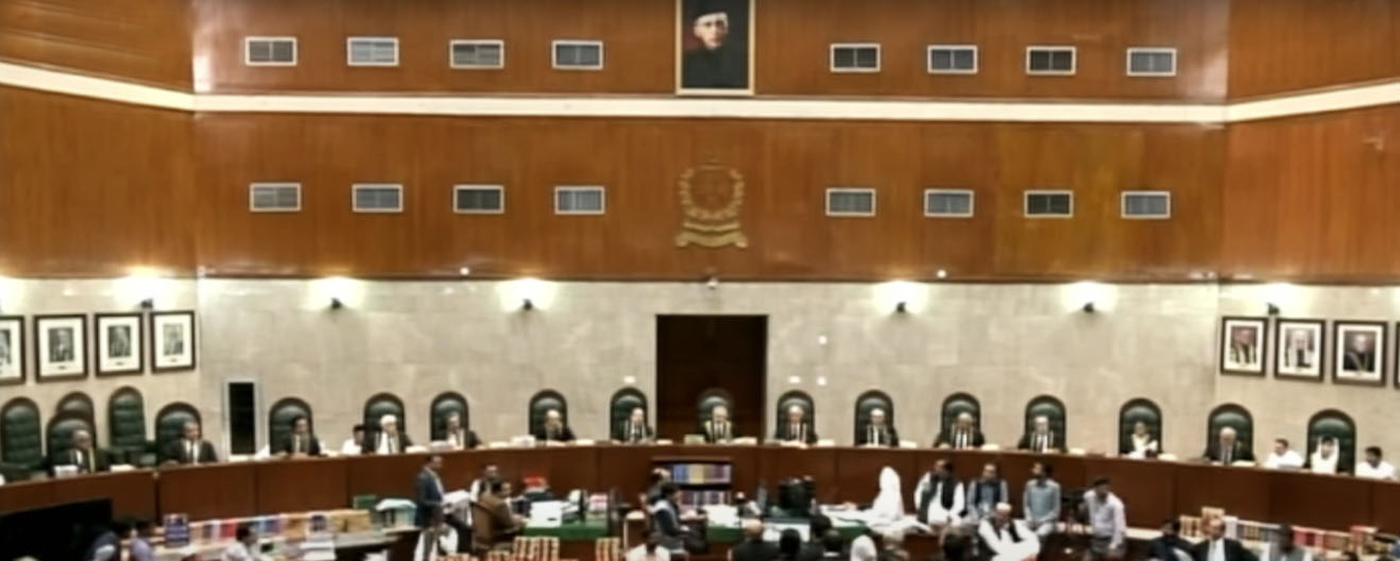
The apex court announced the verdict and upheld the Act with a 10-5 majority. Part of the Act which talks about the right of appeal prospectively was accepted with a 9-6 majority. Furthermore, a part of the Act dealing with the retrospective effect of the law was struck down with an 8-7 majority, impacting how the laws are applied to past actions.
The majority verdict by the Supreme Court, upholding the mentioned Act, undeniably marks the dawn of judicial reforms aimed at ensuring the 'fair' administration of justice, as guaranteed under Article 10-A of the Constitution.
Crucially, it must not only be 'fair' but also be perceived as such. We will no longer witness a one-man show in the apex court, whether in the formation of benches, the initiation of suo moto cases, or the fixing and transfer of cases. Nevertheless, the same conventions and practices in the lower judiciary, including high court(s) and district court(s), went unquestioned.
Expanding review jurisdiction
As the ongoing battle unfolds, Parliament enacted the Supreme Court (Review of Judgements and Orders) 2023 on May 5, 2023, expanding the review jurisdiction to encompass both, factual and legal aspects within judgments and orders governed by Article 184(3).
This legislation equates the review process with an appeal under Article 185.
Now, it was time for the Supreme Court to strike once again. A three-member bench, comprising then-CJP Bandial, Justice Ahsan, and Justice Akhtar, was constituted to consider and decide whether the act is constitutional.
Following a hearing on August 11, 2023, the Supreme Court struck down the said Act, declaring it ultra vires to the Constitution.
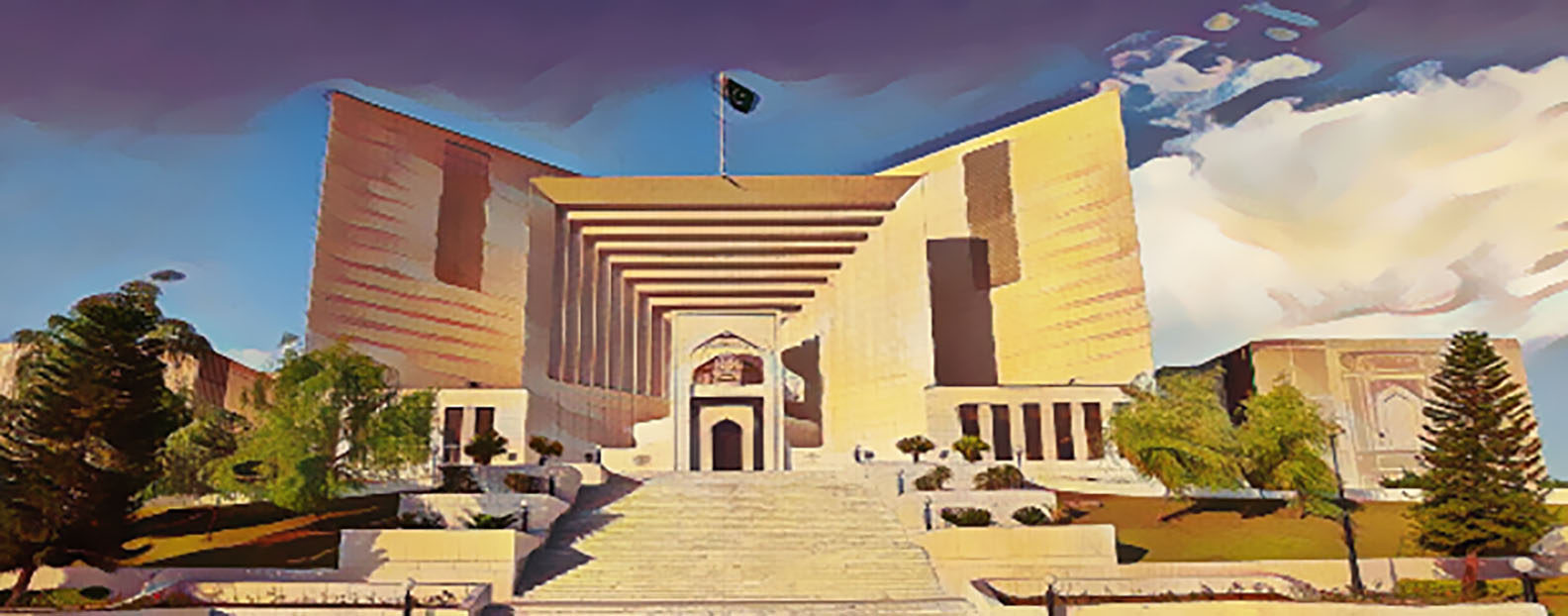
The judiciary operates under the supreme law, the Constitution, and the laws enacted by parliament. The judiciary does not 'create' laws, theoretically. However, the Supreme Court is constitutionally obligated to safeguard the essence of the Constitution and rectify any illegality or irregularity arising from parliament's actions. The Constitution was designed as a cohesive whole, with interconnected articles.
The aforementioned legislation aimed to undermine the Constitution's fundamental structure by blurring the boundaries between the scope of Appeal in Article 185 and Review in Article 188.
All apex court orders should be considered final, subject only to review under Article 188 of the Constitution. Introducing appeals against the apex court's decisions would disrupt the current judicial system.
NAB law
The Pakistan Democratic Movement’s government displayed fervour for swift legislation and amendments. On May 15, parliament passed the Act concerning NAB laws, which PTI founder Imran Khan subsequently challenged before the bench of then-CJP Bandial, Justice Ahsan, and Justice Shah.
The court, in a majority decision of 2:1, deemed all amendments null and void. Moreover, the Supreme Court ordered the reinstatement and reopening of all corruption cases previously closed against political leaders and public office holders.
However, Justice Shah, in his dissenting note, emphasised that such amendments are within the prerogative of parliament. Justice Shah stated: "The Majority Judgment has also failed to appreciate that what parliament has done, parliament can undo; the legislative power of parliament is never exhausted. If parliament can enact a person-specific NAB law, it can also repeal the entire law or amend it accordingly."
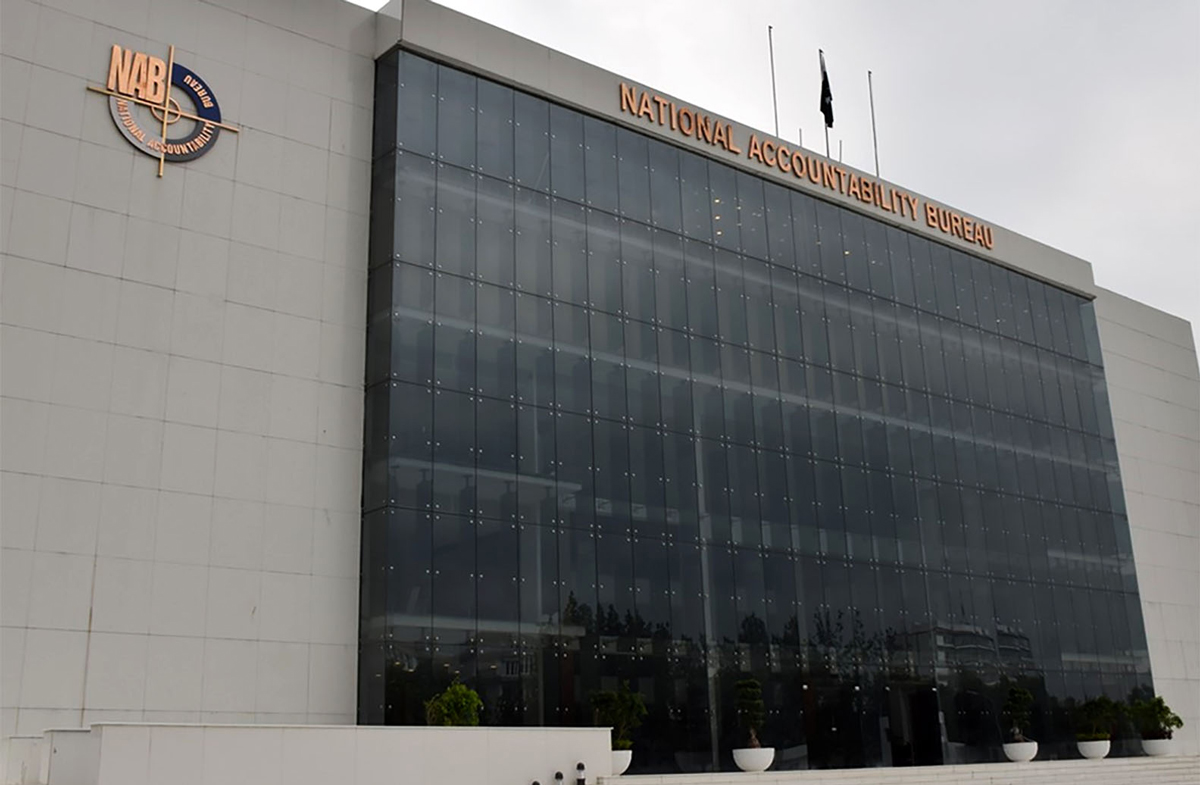
The majority of author(s) argued that these amendments infringe upon fundamental rights, specifically Articles 9, 14, 23, and 24 of the Constitution of Pakistan. They contended that these changes foster corrupt practices within state institutions and undermine the sense of accountability among public officeholders.
Nevertheless, the federal government challenged the September 15 verdict of the Supreme Court through an intra-court appeal under the Supreme Court (Practice and Procedure) Act of 2023.
A larger bench of five members, consisting of CJP Isa, Justice Aminuddin Khan, Mandokhail, Justice Minallah, and Justice Syed Hasan Azhar Rizvi, will preside over the appeal.
Presently, the matter has been adjourned pending the issuance of a detailed verdict on the SC Practice and Procedure Act of 2023. Furthermore, the apex court did not halt the accountability courts from conducting hearings in NAB cases but instructed them to refrain from issuing any judgments until the final adjudication by the apex court.
Military trials
The aftermath of the events on May 9 and 10 was predominantly political, resulting in the arrest of numerous civilians on grave accusations and handing over their custody to the military for trial.
More than 100 civilians were detained and set for trial under Section 2(1)(d) of the Pakistan Army Act 1952 and the Official Secrets Act 1923.
Originally rooted in colonial legislation, this law underwent an amendment in 1967 by a dictator, permitting the trial of civilians in military courts in cases involving attacks on military installations. Subsequently, this legal provision has been exploited to prosecute civilians, often serving political and covert interests.
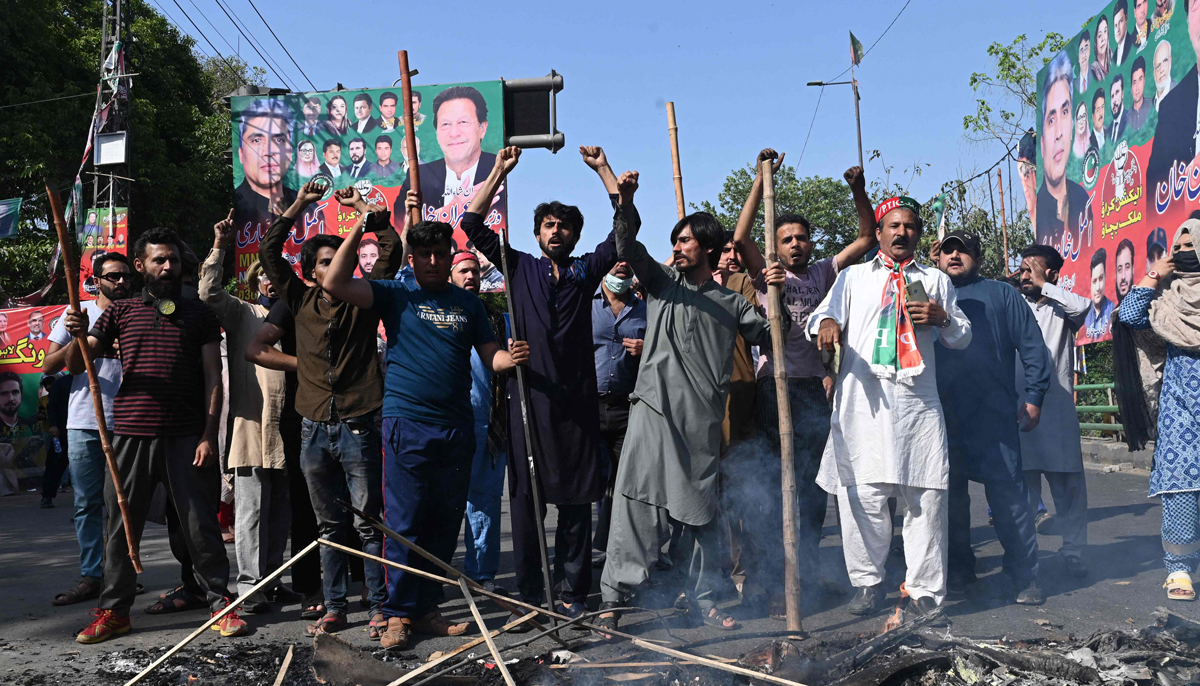
The prospect of trying civilians in military courts elicited widespread concern, particularly since most accused individuals lacked a history of criminal activity.
Bar councils, civil society, and even a former chief justice, Jawwad S Khawaja, petitioned the top court, challenging the trial of civilians in military courts. A five-member bench led by Justice Ahsan and comprising Justice Akhtar, Justice Afridi, Justice Naqvi, and Justice Ayesha Malik, heard the petitions and delivered a landmark verdict of 4:1, declaring the trial of civilians in military courts as unconstitutional and a violation of fundamental rights, notably Articles 8 and 10-A of the Constitution of Pakistan.
Every citizen is entitled to a fair trial and due process enshrined in Article 10-A of the Constitution and every accused has a right to prove his innocence by the prevailing criminal justice system.
We have ordinary and special criminal courts i.e., anti-terrorism courts and so forth throughout the country for each offence(s) which are fully functional, independent, and competent to try and decide the guilt or innocence of the accused.
After the landmark decision nullifying civilian trials in military courts, the caretaker federal government and provincial governments (excluding Sindh) swiftly filed intra-court appeals contesting the Supreme Court's earlier ruling.
A six-member bench, comprising Justice Sardar Tariq Masood, Justice Aminuddin Khan, Justice Muhammad Ali Mazhar, Justice Syed Hasan Azhar Rizvi, Justice Musarrat Hilali, and Justice Irfan Saadat Khan, conditionally permitted the resumption of military trials for 103 civilian suspects.
The Supreme Court further directed that the military courts would not pronounce final verdict(s) against the suspects and the final judgment would be contingent upon the Supreme Court’s orders. Notably, Justice Musarrat Hilali dissented in the 5:1 majority order.
In an ironic twist, Senior Counsel Khwaja Haris, responding to Justice Mazhar's inquiry about the "fair trial of civilians in military courts," cited the case of Indian spy Kulbushan Yadav. Once again, the doctrine of necessity prevails, overshadowing principles of justice and equity.
Presidential reference — Zulfiqar Ali Bhutto
In April 2011, then-president Asif Ali Zardari formally filed a reference under Article 186 of the Constitution of Pakistan, invoking Advisory Jurisdiction.
The basis for this reference stemmed from a 2011 television interview featuring former Chief Justice Naseem Hasan Shah. The interview conveyed an “impression” that the judges overseeing former prime minister Zulfiqar Ali Bhutto’s case might have been subject to “external pressure”.
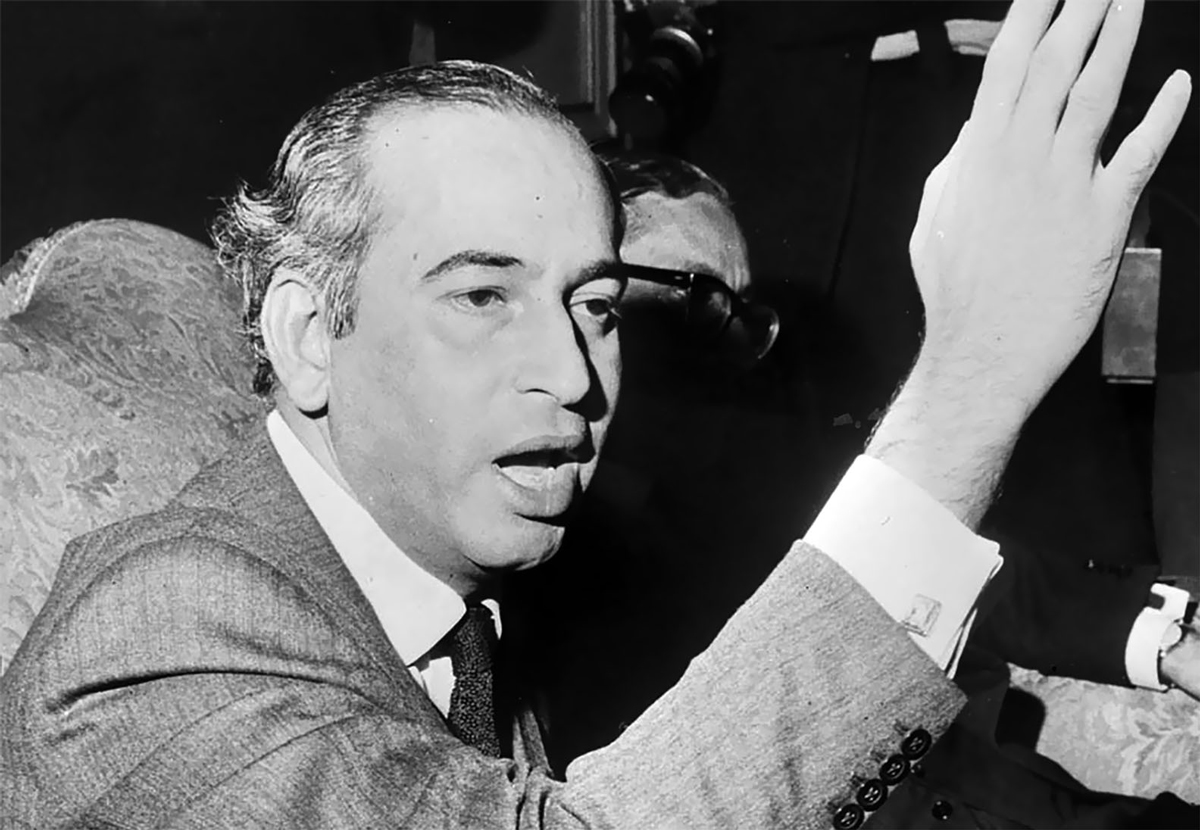
After an 11-year lapse, a nine-member bench of the Supreme Court commenced proceedings on the matter, prompted by CJP Isa expressing regret over the delayed hearing.
The trial, judgment, and execution of Bhutto have consistently been subjects of controversy, often characterised as 'judicial murder'. To the extent that Bhutto is revered as a 'martyr’; this aspect further adds to the complexities surrounding the historical narrative.
A pivotal moment in Pakistan's judicial history, this judgment was never presented or discussed as a legal precedent within the courts.
Contrary to established judicial precedents, the case did not warrant the imposition of the death penalty. While not the inaugural instance of miscarriage of justice in Pakistan, it unquestionably stands as a major one. The matter remains pending, with widespread anticipation for a conclusive adjudication.
Isa as Bandial's successor
Defining the legacy of former chief justice Bandial prematurely is challenging; time will reveal its true nature, adhering to the historical pattern where citizens and institutions recognise mistakes decades later.
CJP Isa, succeeding Bandial, diverges significantly from the era under Bandial. A change in leadership within an institution inevitably alters its mindset.
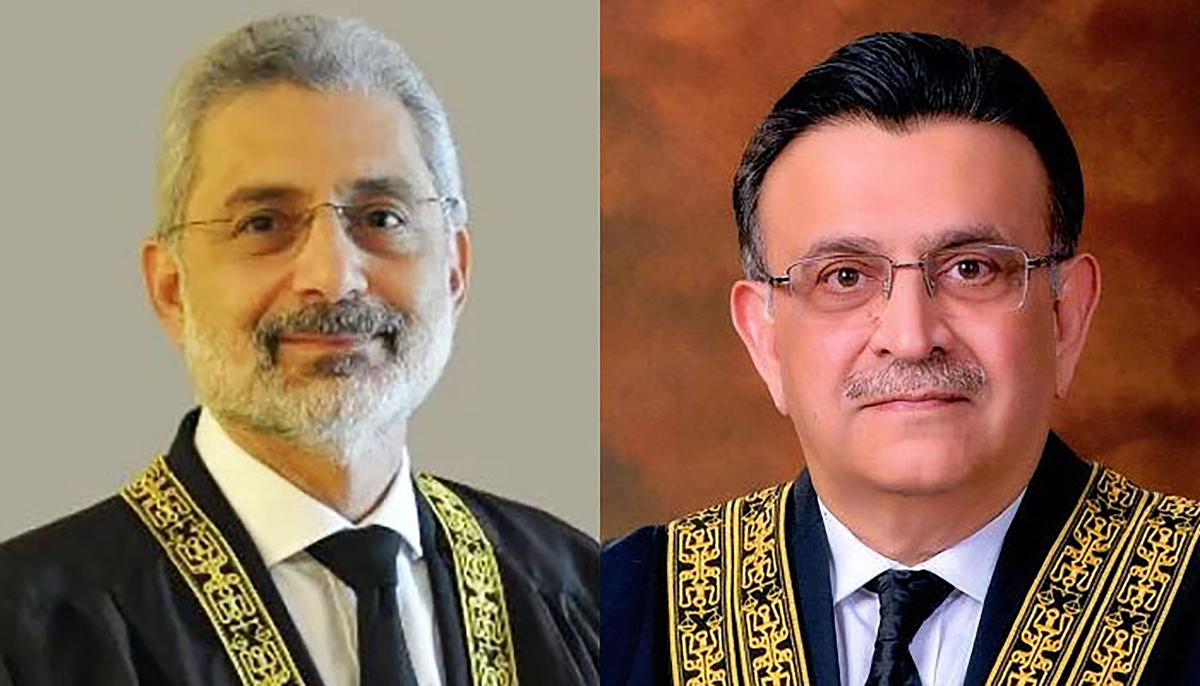
Notably, CJP Isa, the first justice to directly assume the oath as Chief Justice of the Balochistan High Court, exhibited outstanding commitment to the administration of justice and the judiciary.
Justice Isa’s exceptional confrontation with the power structures of Pakistan is unprecedented in history, devoid of any comparable example.
Supreme Court — the apex constitutional court
As the paramount constitutional court of Pakistan, the Supreme Court, with a capacity of 17 judges, currently functions with only 16. This nominal number of judges for a populace of 250 million has resulted in a backlog of over 50,000 pending cases. The process of appointing or elevating judges to the Supreme Court is not immune to controversies.
Addressing these challenges necessitates substantial judicial reforms through legitimate legislation. Such reforms are crucial to fortify the pillars of the state i.e. legislative, executive, and judiciary — ensuring adherence to the fundamental doctrine of separation of powers.
In conclusion, the Supreme Court of Pakistan, guided by the Quranic motto "فاحكم بين الناس بالحق" [So judge between the people in truth - Quran 38:26], stands as a beacon of justice. May these words echo in every courtroom, affirming the commitment to fairness, truth, and a just society.
Sheikh Saqib Ahmed is a criminal and constitutional lawyer, who is currently serving as senior managing partner at Sheikh and Syed Law Associates. He can be reached at [email protected].



